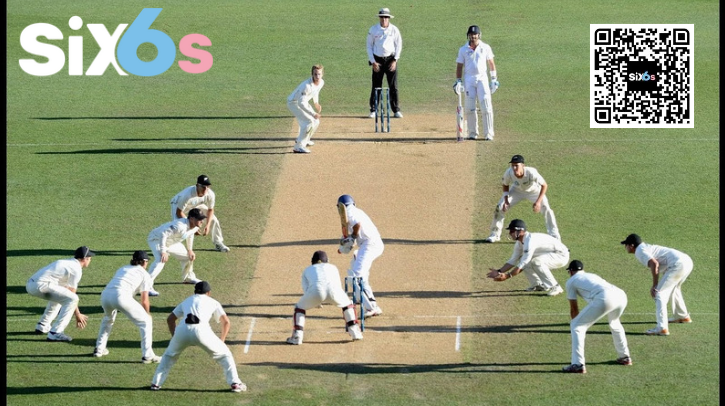
Cricket, also known as the “gentleman’s game,” is a popular sport that has won the hearts of millions of people all over the world. Although there are other distinct cricket formats, Test cricket is still one of the most prominent and enduring variations of the game. The start time of Test matches is one of the crucial details that every cricket enthusiast should be aware of.
Meta Description
Discover the traditions and timings of Test cricket matches. Learn about the start times, historical significance, and how these matches have evolved over the years. Explore the world of Test cricket with us!
The Significance of Test Cricket
Before we delve into the specifics of Test cricket match timings, it’s important to understand the significance of this format. Test cricket is the longest format of the game and is played over five days. It is often considered the ultimate test of a cricketer’s skill, temperament, and endurance. Unlike limited-overs formats, where matches can be completed in a single day, Test matches require both teams to showcase their abilities over a more extended period.
Test Cricket Starting Times
Traditional Morning Start
Historically, Test matches have adhered to a traditional starting time of 11:00 AM local time. This tradition has been followed for decades and adds a certain charm to Test cricket. The morning start allows for the entire day’s play, including three sessions of cricket, divided by lunch and tea intervals.
The morning start time has several advantages. Firstly, it allows the game to be played during the most favorable weather conditions. In many cricket-playing nations, the mornings are relatively cool, reducing the risk of extreme heat affecting players’ performance. Secondly, it gives spectators the opportunity to enjoy a full day of cricket, with the match often concluding in the late afternoon or early evening.
Day-Night Tests
In recent years, there has been a significant development in Test cricket with the introduction of day-night Test matches. These matches start in the late afternoon, typically around 2:00 PM local time, and continue under floodlights until the evening.
Day-night Tests were introduced to attract larger crowds and television viewership, as they allow people to watch the game after work or school hours. They also present a unique challenge for players, as the conditions and visibility change as the natural light fades.
Variations Based on Location
The starting times of Test matches can vary based on the location and time of year. In some countries with extreme weather conditions, such as the United Arab Emirates, matches may start earlier in the morning to avoid the scorching midday heat. Conversely, in countries with milder climates, matches may start a bit later to accommodate local preferences or to avoid early morning dew.
Additionally, the time of year can impact the starting times of Test matches. In many parts of the world, cricket seasons coincide with specific weather patterns. For example, matches in England during the summer months often start at 11:00 AM, whereas matches in Australia’s summer may start a bit later due to the extreme heat.
The Evolution of Test Match Timings
The starting times of Test matches have evolved over the years, reflecting changes in society, player preferences, and television broadcasting. Let’s take a closer look at this evolution:
Historical Variations
In the early days of Test cricket, matches often started in the morning, with play continuing until late in the afternoon. However, these matches did not have the strict scheduling we see today. Sometimes, play would extend well into the evening to ensure a result. This lack of fixed timings made it challenging for spectators to plan their day around the game.
The Influence of Television
With the advent of television broadcasting, Test cricket timings began to change. Matches started to adhere to fixed schedules to ensure that they could be broadcasted live to a global audience. This shift in scheduling was a significant turning point for the sport, as it brought cricket into the homes of millions of fans.
Day-Night Test Matches
As mentioned earlier, the introduction of day-night Test matches was a revolutionary step in the evolution of Test cricket timings. This innovation was driven by the desire to make the sport more accessible to fans and increase attendance at stadiums.
Conclusion
In conclusion, the starting times of Test cricket matches vary based on tradition, location, and the format of the game. Traditional morning starts at 11:00 AM have been a hallmark of Test cricket for generations, offering fans a full day of play.
Test cricket continues to evolve, and its starting times are likely to adapt further to accommodate the preferences of fans, players, and broadcasters. Regardless of the timing, the enduring appeal of Test cricket lies in its ability to challenge the skills and character of players over five days of intense competition.
As cricket enthusiasts, we can appreciate the rich history and traditions of Test cricket while embracing the innovations that keep the sport vibrant and accessible to fans around the world. So, whether you prefer the classical morning starts or the excitement of day-night Tests, Test cricket continues to be a source of joy and inspiration for cricket lovers everywhere.
